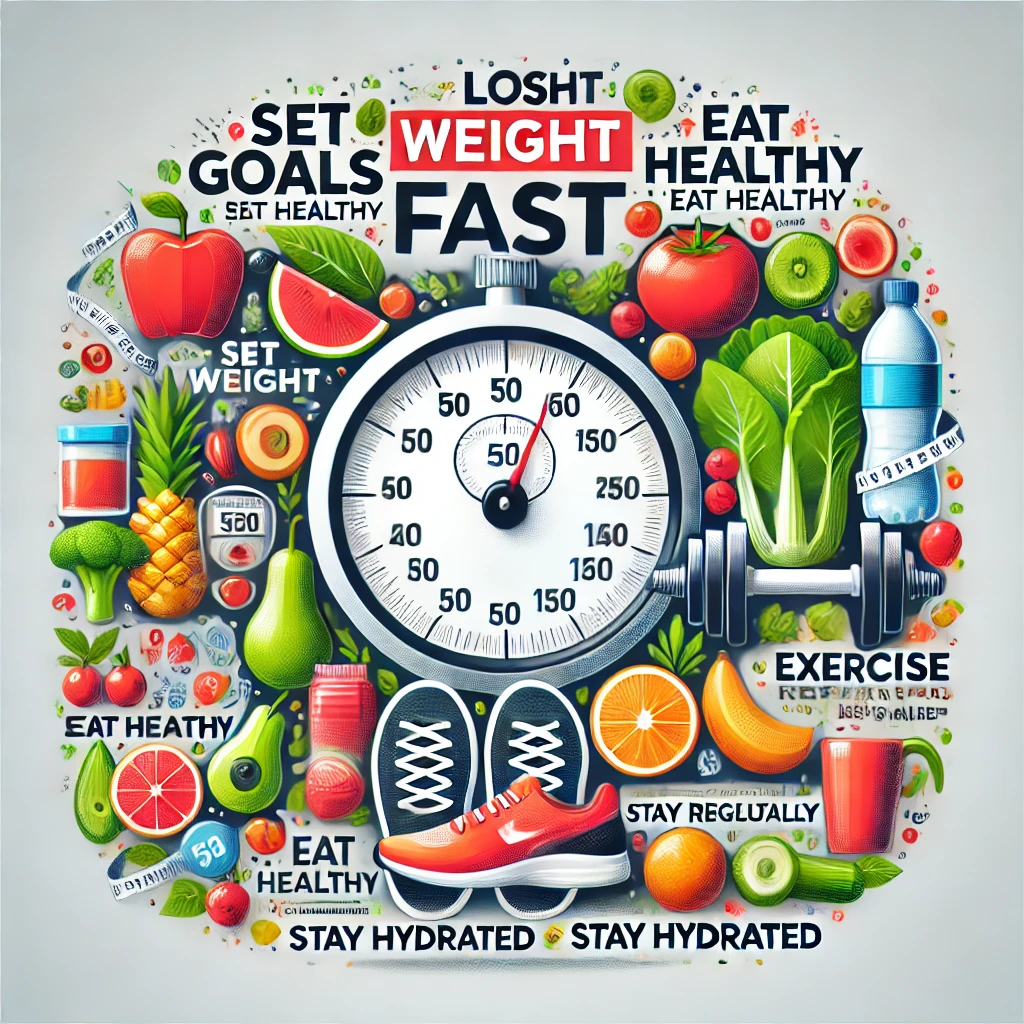
Table of Contents
Introduction
Traditional Chinese Medicine (TCM) is one of the oldest healthcare systems globally, originating over 2,000 years ago. It is rooted in ancient Chinese philosophy, focusing on balance, harmony, and the holistic interconnection between humans and nature. Today, TCM is widely used alongside modern medicine for treating a variety of health conditions. This article explores the principles, therapies, scientific evaluations, and global impact of TCM, supplemented by authoritative data and references.
Principles of Traditional Chinese Medicine
1. Core Concepts
- Yin and Yang: Representing dualities such as light and dark or hot and cold, TCM emphasizes the need for balance between Yin (passive) and Yang (active) forces in the body.
- Qi (Vital Energy): Qi is the life force flowing through meridians (pathways) in the body. Blocked or imbalanced Qi is believed to cause illness.
- Five Elements (Wu Xing): The elements—Wood, Fire, Earth, Metal, and Water—correlate with organs, emotions, and natural phenomena. Harmony among the elements is critical for health.
2. Diagnostic Techniques
TCM diagnosis focuses on understanding the individual’s overall condition rather than isolated symptoms. Key techniques include:
- Observation: Examining the tongue, complexion, and body posture.
- Pulse Diagnosis: Assessing the pulse’s depth, strength, and rhythm.
- Inquiry: Asking about symptoms, diet, lifestyle, and emotional state.
TCM Therapies
1. Herbal Medicine
TCM relies heavily on herbal remedies, composed of plant, mineral, and sometimes animal-derived substances.
Table 1: Common Herbs in TCM and Their Uses
| Herb Name | Chinese Name | Therapeutic Use | Scientific Evidence |
|---|---|---|---|
| Ginseng | Rénshēn | Boosts energy and immunity | Demonstrates anti-fatigue effects (NIH) |
| Ginger | Jiāng | Alleviates nausea | Effective for morning sickness (BMJ) |
| Astragalus | Huángqí | Supports immune function | Shown to enhance white blood cell activity (PubMed) |
2. Acupuncture
Acupuncture involves inserting fine needles at specific points to balance Qi. It is widely used for pain management, stress relief, and neurological disorders.
Clinical Evidence:
A 2017 meta-analysis in JAMA Internal Medicine found acupuncture effective for chronic pain conditions, such as back pain and osteoarthritis.
3. Cupping Therapy
Cupping therapy uses suction cups to stimulate blood flow and Qi. It is often employed for musculoskeletal pain and respiratory issues.
Application:
- Wet Cupping: Involves minor skin incisions to remove toxins.
- Dry Cupping: Uses suction without incisions.
4. Moxibustion
This therapy involves burning moxa (dried mugwort) near the skin to stimulate acupoints. It is particularly noted for its use in turning breech babies.
Case Study:
A 2010 British Medical Journal study reported that moxibustion helped correct breech presentations in pregnant women.
5. Tui Na Massage
Tui Na is a form of therapeutic massage combining acupressure and stretching techniques. It is used for musculoskeletal and joint problems.
6. Qigong
Qigong integrates movement, breathing techniques, and meditation to improve physical and mental health.
Benefits:
A 2018 review in Frontiers in Psychiatry highlighted Qigong’s potential to reduce anxiety and depression.
The Global Adoption of TCM
Statistics on TCM Usage
| Region | Percentage of Population Using TCM | Primary Uses |
|---|---|---|
| China | 80% | Primary healthcare |
| United States | 12% | Pain management, stress relief |
| Australia | 10% | Integrative therapy for chronic conditions |
| Europe (Germany) | 8% | Musculoskeletal disorders |
(Source: World Health Organization (WHO))
Integration with Modern Medicine
- Collaborative Research:
- Example: A partnership between Beijing University and Harvard Medical School explored TCM’s role in cancer treatment.
- Result: Herbal formulations like Huangqi (Astragalus) showed potential in enhancing chemotherapy outcomes.
- Hospital Systems:
Many hospitals worldwide are integrating TCM with Western medicine. For instance, the Mayo Clinic offers acupuncture as part of its pain management programs.
Scientific Validation of TCM
Evidence-Based Studies
Table 2: Clinical Trials Evaluating TCM Therapies
| Therapy | Condition | Findings | Source |
|---|---|---|---|
| Acupuncture | Chronic pain | Significant reduction in pain intensity | JAMA Internal Medicine |
| Herbal Medicine | Upper respiratory infections | Reduced severity and duration of symptoms | Cochrane Review |
| Moxibustion | Breech pregnancy | Increased likelihood of fetal correction | British Medical Journal |
Challenges and Ethical Considerations
1. Regulation and Safety
- Herbal Medicine: The lack of standardization in manufacturing poses risks of contamination and variability.
- Acupuncture: Requires skilled practitioners to avoid complications like infection or injury.
2. Ethical Concerns
The use of endangered species in some TCM practices, such as rhino horn or tiger bone, has led to international criticism. Modern TCM practitioners increasingly advocate for sustainable, plant-based alternatives.
Future Prospects
Technological Innovations
- AI in TCM: Algorithms are being developed to recommend personalized herbal prescriptions.
- Wearable Devices: Technology is being used to monitor Qi flow and provide feedback during Qigong exercises.
Global Expansion
Governments in China and beyond are investing in TCM education and research. For example, UNESCO recognized TCM as an Intangible Cultural Heritage of Humanity in 2010, boosting its international profile.


Conclusion
Traditional Chinese Medicine is a remarkable example of how ancient wisdom can complement modern healthcare. While challenges such as standardization and ethical concerns persist, TCM’s growing acceptance worldwide indicates its potential to play a vital role in integrative medicine. Continued research and collaboration are essential for ensuring its efficacy and sustainability.
References
- World Health Organization (WHO), “Traditional Medicine Strategy,” WHO.
- JAMA Internal Medicine, “Effectiveness of Acupuncture for Pain Management,” JAMA.
- British Medical Journal, “Moxibustion for Breech Pregnancy,” BMJ.
- National Institutes of Health (NIH), “Ginseng and Its Health Benefits,” NIH.
- Cochrane Review, “Herbal Medicine for Respiratory Infections,” Cochrane Library.
Recommended Articles:
What Can I Feed a Stray Cat: 2025 Comprehensive Guide – love a happy home
What to Do if You Find a Stray Dog 2025 – love a happy home
- Best Perfume for Women Top Picks for Every Style 2025
- Amazon Best Sellers in Skin Care Products Top 10 2025
- Perfume: Everything You Need to Know 2025
- Burberry Her Perfume: A Deep Dive 2025
- Ariana Grande Perfume: A Complete Guide 2025
- YSL Perfume: A Legacy of Luxury and Elegance 2025
- Sol de Janeiro Perfume: A Luxurious Fragrance 2025
- Billie Eilish Perfume 2025 In-Depth Guide
- Delina Perfume: A Comprehensive Guide 2025
- Kayali Perfume 2025 In-Depth Guide
- Miss Dior Perfume 2025 In-Depth Guide
- Valentino Perfume 2025 In-Depth Guide
- How to Increase Charisma: Women’s Edition 2025
- Amber: That Captivates the World 2025
- What Color Is Amber 2025?
- Makeup Looks: 2025 Finding Your Unique Style
- Polygel Nails: 2025 Nail Revolution
- Mouse Pretty Makeup 2025 In-Depth Guide
- Builder Gel Nails: 2025 Perfect, Long-Lasting Nails
- Trendy Short Gel Nails: 2025 Style Meets Practicality
- Makeup Bag: 2025 Your Beauty Companion
- Wedding Makeup Looks 2025 In-Depth Guide
- Christmas Makeup Looks: 2024 Glamorous Ideas
- 80s Makeup Looks 2025 In-Depth Guide
- 100 Cute Makeup Looks 2025 In-Depth Guide
- Natural Makeup Looks: 2025 Enhance Your Natural Beauty
- How to Remove Gel Nails Safely at Home
- Ombre Nails: 2024 Gorgeous Manicure Trend
- Autumn Nails Trends: Best Fall Nails
- Cute Fall Nails: Trendy Nail Ideas
- Fall Nails 2024: Trendy Colors, Designs, and Styles
- Summer Nails 2024: Top Trends
- 10 Cute Acrylic Nails Ideas to Elevate Your Look
- Beauty of Square Short Acrylic Nails: A Practical Guide
- Square Short Acrylic Nails: Stylish and Practical
- Cute Short Acrylic Nails Ideas: Trendy Look
- Cute Short Acrylic Nails: Perfect Look
- Best Short Acrylic Nails Ideas(15 Types)
- Trendy Short Acrylic Nails Ideas(13 Types)
- Short Acrylic Nails: Perfect Style with Practicality
- Short Acrylic Nails: Stylish, Durable, and Practical
- Acrylic Nails Ideas: 10 Trendy Designs
- How to Remove Acrylic Nails(1 In-Depth Guide)
- French Tip Nails 2025 In-Depth Guide
- French Tip Nails: A Timeless Style with a Modern Twist
- How to Achieve the Perfect Glazed Donut Nails












































































